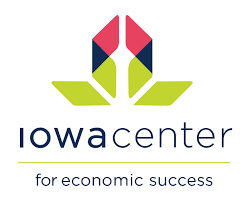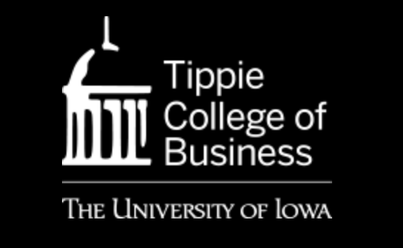Guest opinion: Congress reaffirms need for nonprofit financial choice

PATRICK JURY Dec 29, 2017 | 8:09 pm
3 min read time
595 wordsAll Latest News, Innovation and EntrepreneurshipChoice is a core value of our society. It is how you, as a consumer, get the best deal.
With comprehensive tax reform being discussed on both the federal and state levels, the banking industry has been lobbying elected officials to raise taxes on credit unions. By insisting the tax code treat not-for-profit, cooperative credit unions the same way it treats for-profit banks, they are asking the government to eliminate the one true banking alternative we have and help banks line their pockets with even higher profits.
Congress recently passed its federal tax reform package and preserved the credit union tax status, reaffirming that a not-for-profit choice is needed for American consumers.
Never before has this choice been more necessary than it is today. Without a banking alternative, there would be no guard against profit-driven practices like redlining and the creation of fake accounts to meet sales quotas.
The choice to be a credit union member and a financially-healthy citizen is what makes it possible to cooperatively support each other in a very real way. Last year alone, Iowa’s 1.1 million credit union members saved more than $100 million in better rates and lower fees, compared to what they would have paid for similar services at a bank.
Credit unions are growing because Iowans are voting with their feet (and their pocketbooks) to walk away from banks’ profit-driven schemes that put stockholder returns ahead of customers’ well-being. Yet Iowa credit unions hold only 14 percent of the state’s deposits while banks control more than 95 percent of the state’s business loans. Wells Fargo alone is larger than all 5,800 credit unions in the U.S. combined.
Credit union competition does not hurt Iowa banks, which realized more than $900 million in profits last year – their sixth straight year of record profits. Choice and competition are good for consumers. Simply put, there is room for both types of financial institutions.
Credit unions also take chances every day on groups that banks won’t, namely the underserved, those on the financial fringe and small businesses that banks turn away. For example, Iowa bankers are nearly twice as likely to deny a mortgage to a low-income applicant. As cooperatives, credit unions use their collective financial health to help fellow members out of debt and elevate more people into the financial mainstream.
Banks have the choice to become credit unions. Why don’t they? I suspect it’s because they’d have to give up a lot – like profits and control. In 2016, Iowa bank stockholders (local banks, not national banks like Wells Fargo) were paid $518 million in cash dividends. To become a credit union, those stockholders would have to return those dividends equally to all customers.
The bank industry should be transparent about its own tax liabilities. Today, more than 180 Iowa banks are organized as Subchapter S, avoiding more than $64 million in federal corporate income taxes. Over the last 10 years, on average, Iowa banks have also used state tax credits to mitigate nearly 50 percent of their state franchise tax liability. The recent tax reform plan passed by Congress promises signification income tax cuts for banks, which credit unions did not oppose.
Every year, the bank lobby advocates that credit unions should be stopped from operating as the nonprofits they are. It’s not hard to see the underlying motive – greater profits, removal of competition and eliminating consumer choice.
Are credit unions good for Iowa? 1.1 million Iowans think so. I urge our state leaders to follow their federal counterparts and protect financial choice for Iowans.










